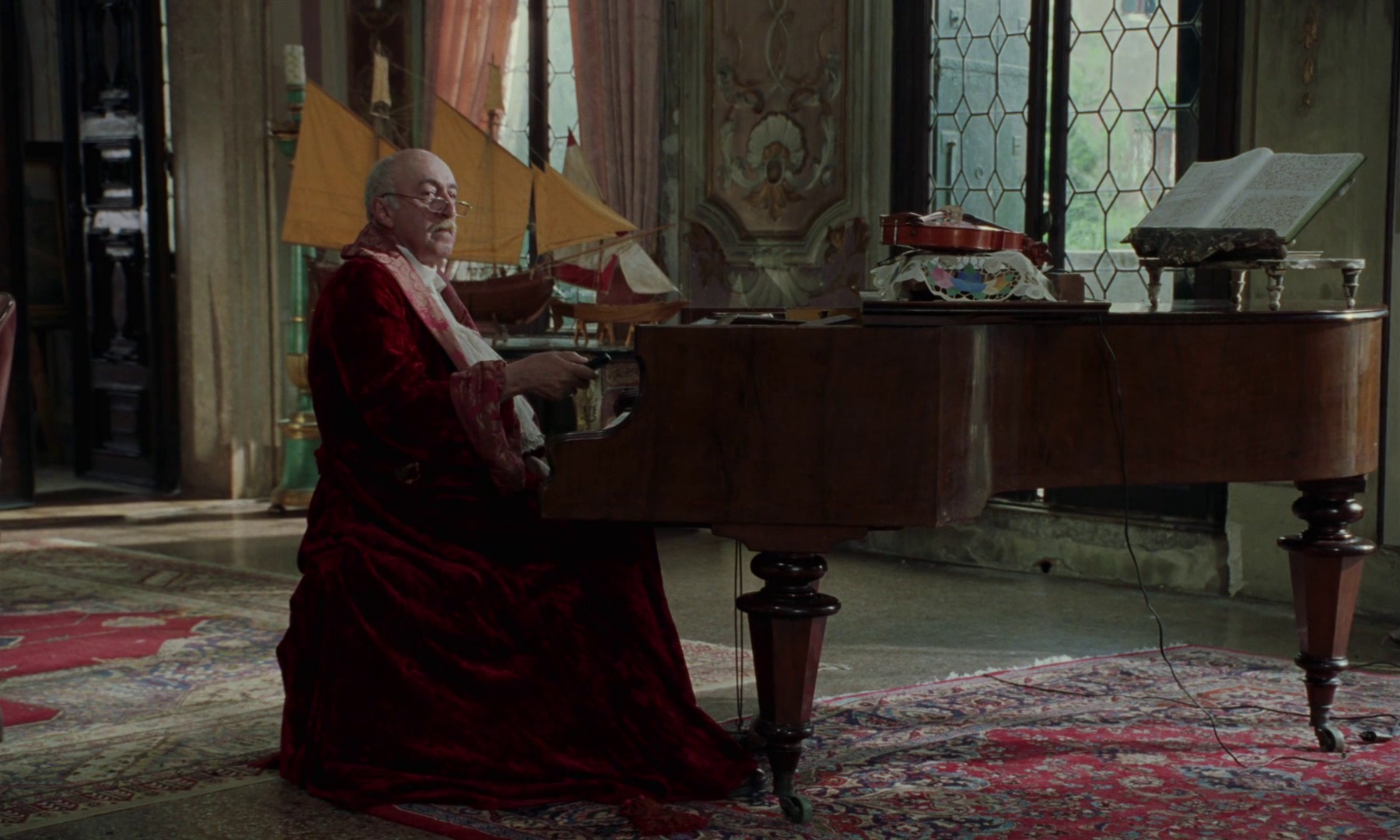Otar Iosseliani (1934-2023)
Georgian filmmaker Otar Iosseliani, born in 1934 in Tbilisi, passed away yesterday at the age of 89. Iosseliani studied music and math before attending the famous VGIK Film School in Moscow in 1955, where he was taught by several Soviet greats such as Alexander Dovzhenko, Lev Kuleshov, Mikhail Romm, and Grigori Kozintsev. After completing two acclaimed student shorts, Akvarel (1958) and Sapovnela [Song About a Flower] (1959), and graduating in 1961, Iosseliani first gained recognition with his first professional short film Aprili (1962), a bitter love story critical of petty bourgeois values. However, the film was immediately censored and subsequently banned in the Soviet Union. As Iosseliani later remarked, “it's a fairy tale, and fairy tales are extremely dangerous for totalitarian systems.”
Disillusioned with the experience of Soviet censorship, Iosseliani temporarily abandoned filmmaking to work on a fishing boat and later in a metallurgical factory. The latter experience would be captured in Tudzhi (1964), a short documentary that marked Iosseliani’s return behind the camera. A few years later, Iosseliani would find his breakthrough with his debut feature Giorgobistve [Falling Leaves] (1968), which was screened at the Cannes Critics Week in 1967, winning the FIPRESCI prize. A year later, Iosseliani composed Dzveli qartuli simgera [Georgian Ancient Songs] (1969), an exceptional hymn to the various forms of Georgian religious polyphonic chanting, capturing its distinct sonorous qualities.
In his next two feature films, Iko shashvi mgalobeli [Once Upon a Time There Was a Singing Blackbird] (1970) and Pastorali [Pastorale] (1975), Iosseliani moved even closer to musical composition as a form for his filmmaking, following the musical rules of counterpoint. Breaking with narrative conventions, subjects are allowed to overlap and vary, achieving a sense of flow through Iosseliani’s extensive use of the long shot and a minimum amount of cuts.
Emigrating to France in 1982, Iosseliani faced a different challenge – navigating Western tastes. Undeterred, he continued creating films he still considered Georgian, always exploring themes of wealth and poverty (“everything that happens in my films has to do with people’s weakness for possession”). Iosseliani’s films continued to garner acclaim in later years, earning awards at the Venice Film Festival for Les favoris de la lune (1984), Et la lumière fut (1989), and Brigands-Chapter VII (1996). Notable honors include a Silver Bear for Lundi matin (2002) and accolades at the European Film Awards. The last film he made was Chant d’hiver (2015).
In 1985, Raphaël Bassan wrote: “Iosseliani is a watercolorist of everyday life, casting an ethnologist’s gaze on his contemporaries without defending any clearly identifiable ideological thesis.” Iosseliani’s work is marked by a belief in gesture as a means to reveal the essential. Many of his films do not have extensive dialogue or commentary. For Iosseliani words, music, and other sounds were all of the same importance in film.
Several of Iosseliani’s films can be watched for free on Henri, the streaming platform of the Cinémathèque française.


